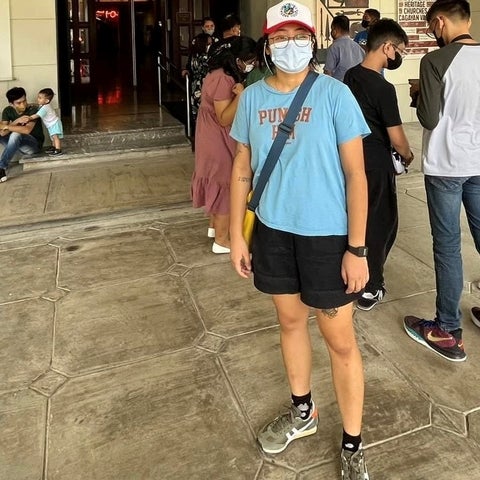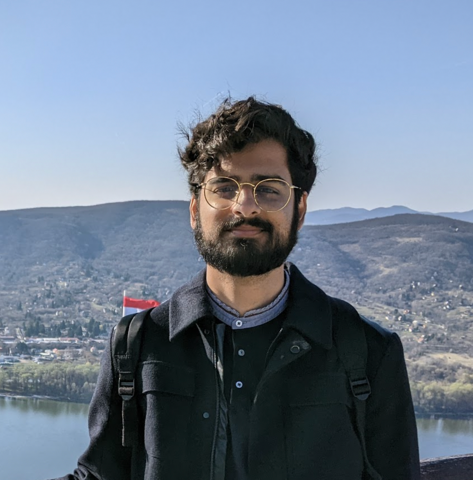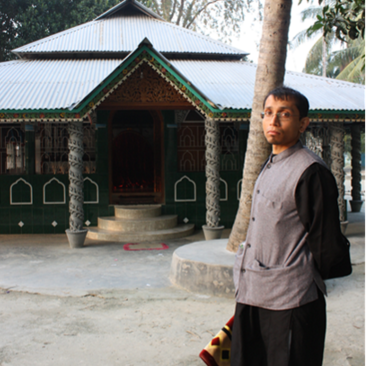Background
On May 17th, 2023, TUGSA, along with the History Anti-Racism Taskforce (HART) from the University of Waterloo hosted a graduate student panel in honour of Asian Heritage Month.
The session was chaired by Dr. Norman Smith of the University of Guelph. His research centers on the multi-ethnic region of Manchuria during the first half of the twentieth century. He has written or edited 15 books and his work has been published in English, Chinese, Japanese and Russian. His current research project examines shifting notions of winter and modernity in one of the coldest environments in the world.
After their presentations, the students offer reflections on their research.
Presentations and researcher bios
Hera Averion

The Lingering Legacy of Colonialism in the Philippines: "Benevolent Assimilation," Concentration Camps, and their Impact on Contemporary Politics
Hera Averion graduated from the University of Waterloo just under a year ago with a Bachelor's of Computer Science and a Minor in History. She is currently working as a software engineer at a fintech company. Some of her favourite history classes that she studied were the ones that pushed her to research about topics she was interested in, such as HIST322 where she learned about the History of Concentration Camps.
Trevor Parsons

The Ku Klux Klan and Anti-Asian Sentiment in Early 20th-century Rural Ontario
Trevor Parsons is a doctoral candidate at the University of Waterloo. His research focuses on the trans-imperial careers of Canadian-born parliamentarians at Westminster from 1890 to 1918. His paper, “The Ku Klux Klan and Ontario’s Evolving Britishness: A Case Study of Belleville and Hastings County,” will appear in Ontario History in spring 2024.
Tanroop Sandhu

"Not only a duty: it is a necessity" : British and Indian Radical Solidarity in the Interwar Period
Tanroop Sandhu is a PhD candidate studying the political thought of South Asian leftists in the diaspora during the interwar period at Queen Mary University of London. His research seeks to analyze the contributions that figures like Rajani Palme Dutt and Shapurji Saklatvala, among others, made to communist theory and anti-imperialist politics in both India and the imperial core. Tanroop completed his BA in History, and his MA in the Tri-University History Program, at the University of Waterloo.
Saif Zaman

Sufi Networks in Eastern Bengal
Saif Zaman is a PhD candidate in History. His research interests include the Islamic World, South Asian Studies and East Asian History. He currently teaches Arts 140: Diasporas and Food Cultures at Waterloo.